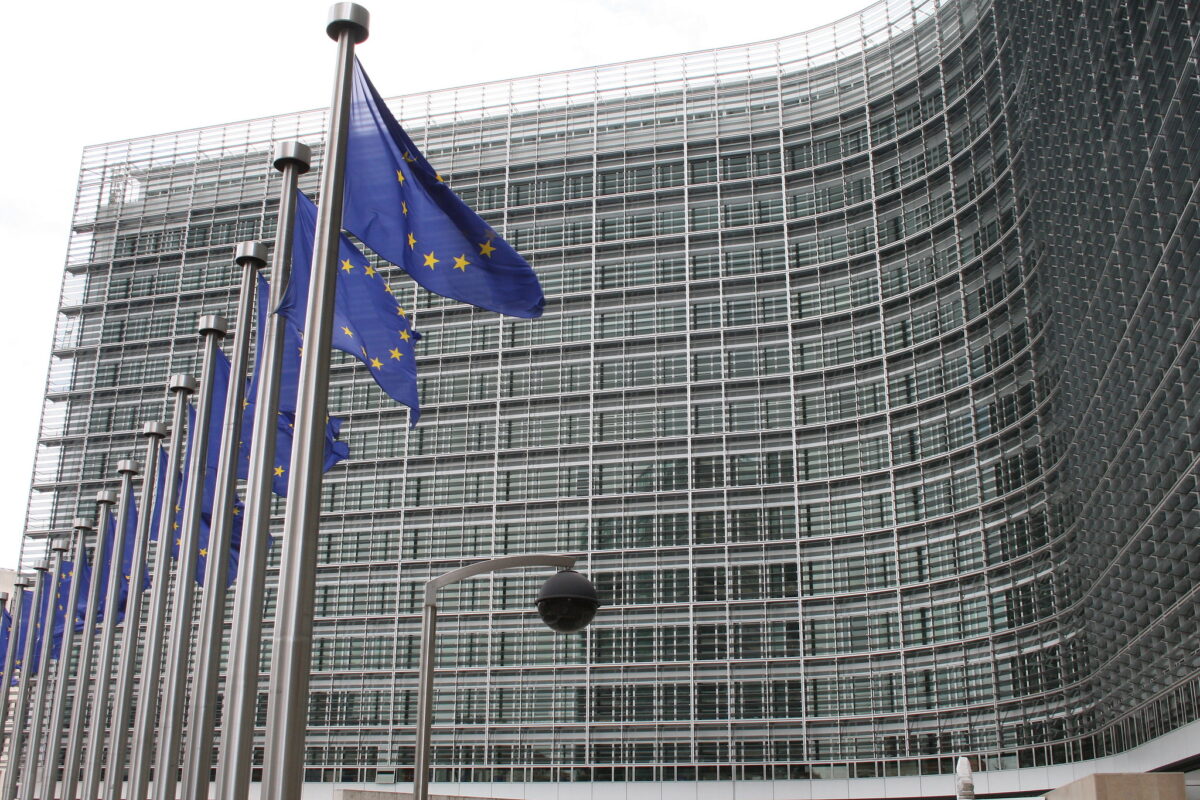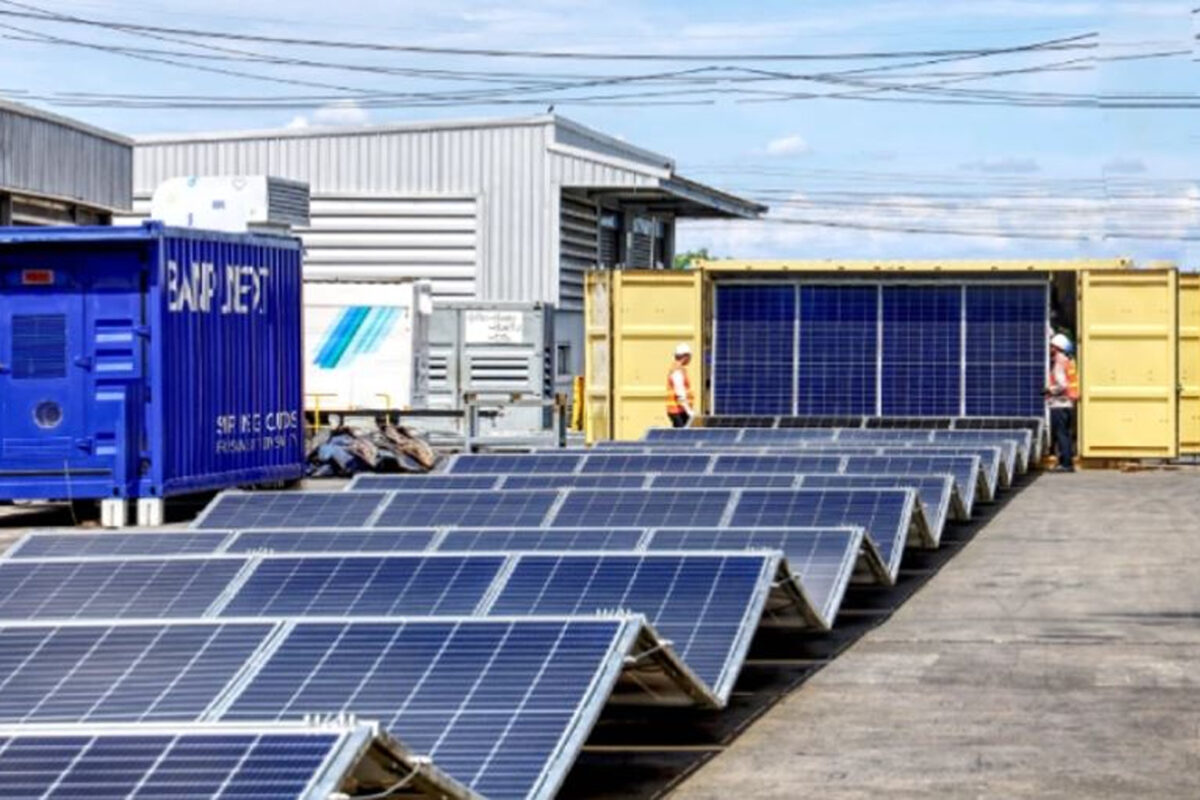The European Parliament and European Council reached a provisional agreement this week to overhaul the EU’s electricity market design laws.
The reform – originally introduced in March, 2023 – aims to make electricity prices less dependent on “volatile” fossil fuel prices, protect customers from price-spikes, expedite renewable energy projects and improve customer protection, according to the European Council press release.
The reform would do this by introducing new power purchase agreements (PPAs) exclusively for renewable projects, allowing the European Council to declare an “energy crisis”, creating contracts for difference, and other mechanisms.
Minister for the Ecological Transition and the Demographic Challenge, Teresa Ribera, said the agreement was “great news” for the EU as it would reduce the region’s reliance on Russian fossil fuels and gas, as well as stabilize long-term renewable markets.
It would also expedite the deployment of renewable and fossil-free energy sources, offer more affordable electricity to the EU’s citizens, and enhance industrial competitiveness, Ribera said in the press release.
A clause regarding two-way contracts for difference is also part of the revision, according to the announcement, which stipulates financial investments from member states for new renewable power-generating facilities, spanning wind, solar, geothermal, hydro without reservoir and nuclear energy.
Capacity mechanisms would also be made a more “structural element” of the electricity market, according to the release, with the potential for the introduction of “exceptional derogation” for CO2 emission limits, according to the announcement.
Brussels-based solar lobby SolarPower Europe welcomed the revision, with the organization’s Head of Regulatory Affairs Naomi Chevillard saying the shift was a “clear path forward” for long-term investment in renewable projects and would be an end to market caps.
But she did “regret” the provision’s capacity remuneration mechanisms, as they were “prolonging Europe’s dependency on coal.”
“Member States should be betting on, and investing in, clean flexibility of the future – like batteries or demand-side response – rather than the outdated fossil ‘baseload’ of the past,” she said.
Chevillard did laud, however, the provisional agreement’s encouragement of businesses signing up to PPAs through new national guarantees, as well as other “positive provisions” that would allow smoother and more flexible grid connection, she said.
“The new market design will empower Europeans with some real tools for decarbonizing and fighting future energy crises, thanks to solar’s low cost and versatility.”
The provisional agreement needs to be formally endorsed by the European Parliament and European Council before being enshrined as law.
This content is protected by copyright and may not be reused. If you want to cooperate with us and would like to reuse some of our content, please contact: editors@pv-magazine.com.



By submitting this form you agree to pv magazine using your data for the purposes of publishing your comment.
Your personal data will only be disclosed or otherwise transmitted to third parties for the purposes of spam filtering or if this is necessary for technical maintenance of the website. Any other transfer to third parties will not take place unless this is justified on the basis of applicable data protection regulations or if pv magazine is legally obliged to do so.
You may revoke this consent at any time with effect for the future, in which case your personal data will be deleted immediately. Otherwise, your data will be deleted if pv magazine has processed your request or the purpose of data storage is fulfilled.
Further information on data privacy can be found in our Data Protection Policy.